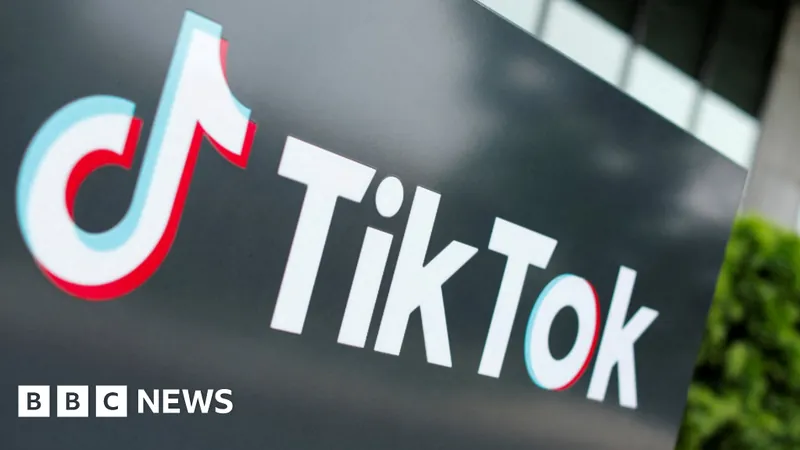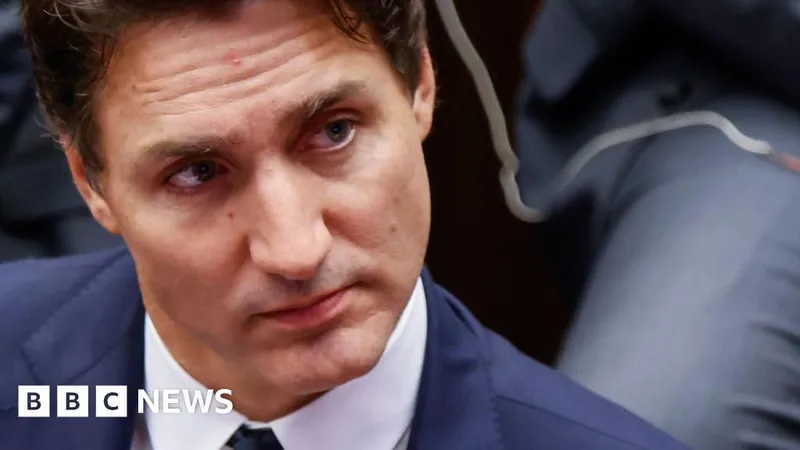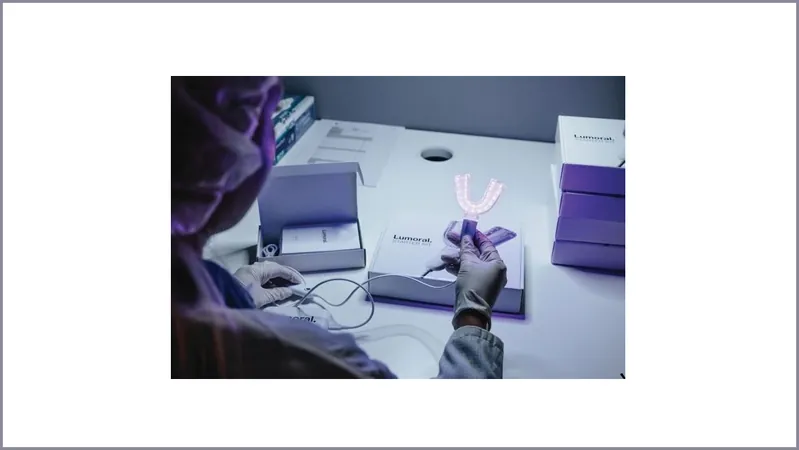
Albania's Radical Move: One-Year TikTok Ban Sparks Controversy After Student's Death
2024-12-22
Author: Noah
In a shocking announcement that has sent ripples through the digital landscape, Albania's Prime Minister Edi Rama declared a one-year ban on TikTok following the tragic death of a 14-year-old schoolboy last month. This drastic measure, set to take effect in January, has ignited a national debate about the influence of social media on youth and public safety.
The decision comes in the wake of a schoolyard confrontation linked to social media interactions, which left one student dead and another injured. Prime Minister Rama did not hold back during a meeting with educators, parents, and mental health professionals in Tirana, labeling TikTok as "the thug of the neighborhood." He expressed his disappointment that platforms like TikTok do not promote the positive content found in their Chinese counterparts, stating, “In China, TikTok encourages education and environmental protection; outside, it showcases only the worst.”
TikTok, for its part, has responded by seeking urgent dialogue with the Albanian government. The company emphasized that it found no evidence connecting either the alleged assailant or the victim to the platform, raising questions about the efficacy and fairness of the impending ban.
This is not the first time that TikTok has faced scrutiny; the app has already been banned in India and restricted in several other countries due to concerns over data privacy and harmful content. As governments around the world grapple with similar issues of social media's impact on minors, countries like Australia have taken bold steps by introducing some of the strictest regulations, barring children under 16 from using social media altogether.
Moreover, the United States is also on the brink of potentially banning the app unless it is severed from its Chinese parent company, ByteDance. With legal arguments being presented before the Supreme Court, the battle over TikTok might soon make headlines on the other side of the globe as well.
In Albania, the proposed ban has spurred discussions about the need for comprehensive education programs aimed at equipping parents and children to navigate the complexities of online interactions. Parents, educators, and psychologists are coming together to brainstorm strategies that could safeguard children from harmful influences while promoting healthy digital habits.
As the one-year TikTok ban approaches, international eyes will be watching to see how Albania's bold decision impacts its youth and whether it paves the way for similar measures in other nations. Will Albania successfully shield its young population from perceived online dangers, or will the plan backfire? The world waits to find out.









 Brasil (PT)
Brasil (PT)
 Canada (EN)
Canada (EN)
 Chile (ES)
Chile (ES)
 España (ES)
España (ES)
 France (FR)
France (FR)
 Hong Kong (EN)
Hong Kong (EN)
 Italia (IT)
Italia (IT)
 日本 (JA)
日本 (JA)
 Magyarország (HU)
Magyarország (HU)
 Norge (NO)
Norge (NO)
 Polska (PL)
Polska (PL)
 Schweiz (DE)
Schweiz (DE)
 Singapore (EN)
Singapore (EN)
 Sverige (SV)
Sverige (SV)
 Suomi (FI)
Suomi (FI)
 Türkiye (TR)
Türkiye (TR)